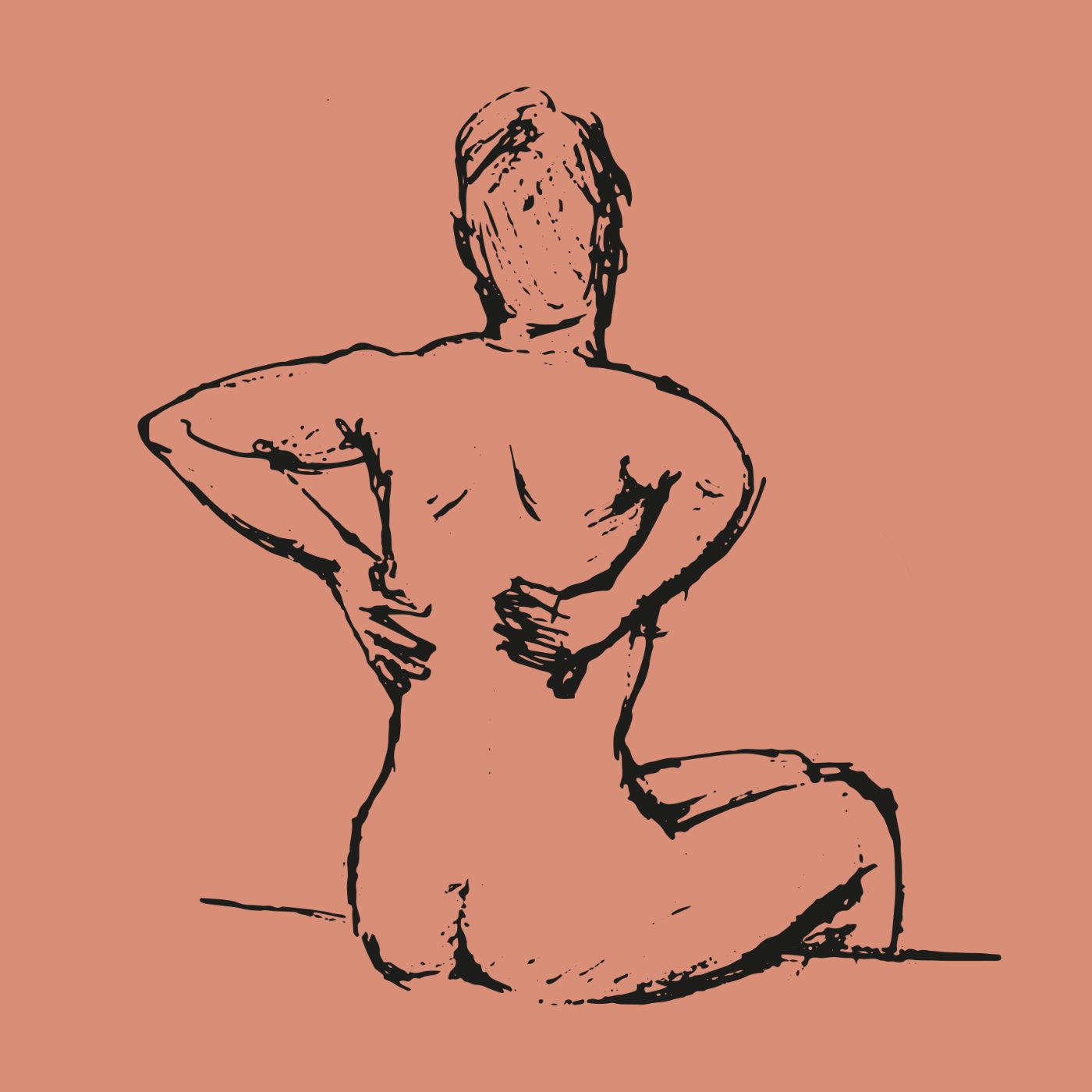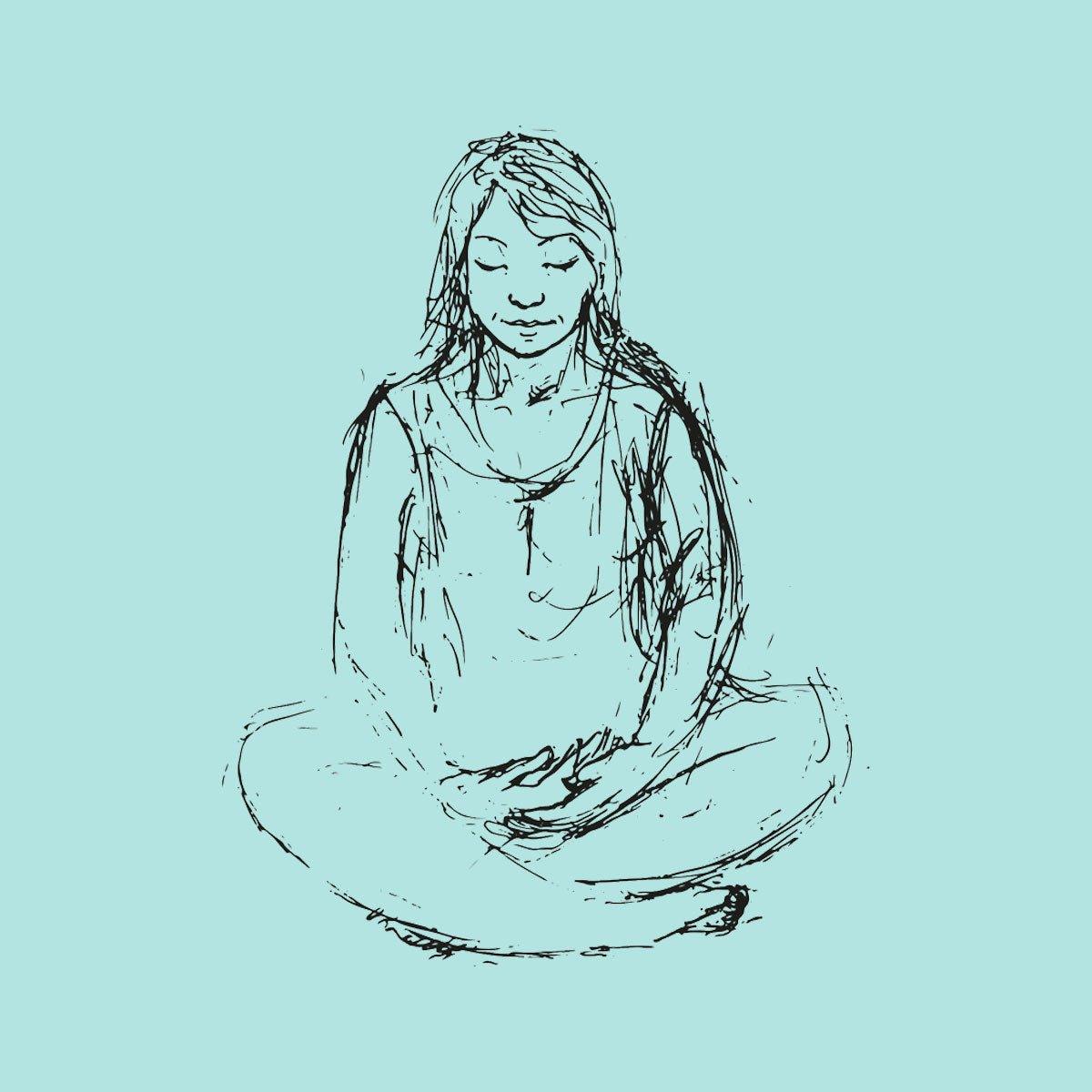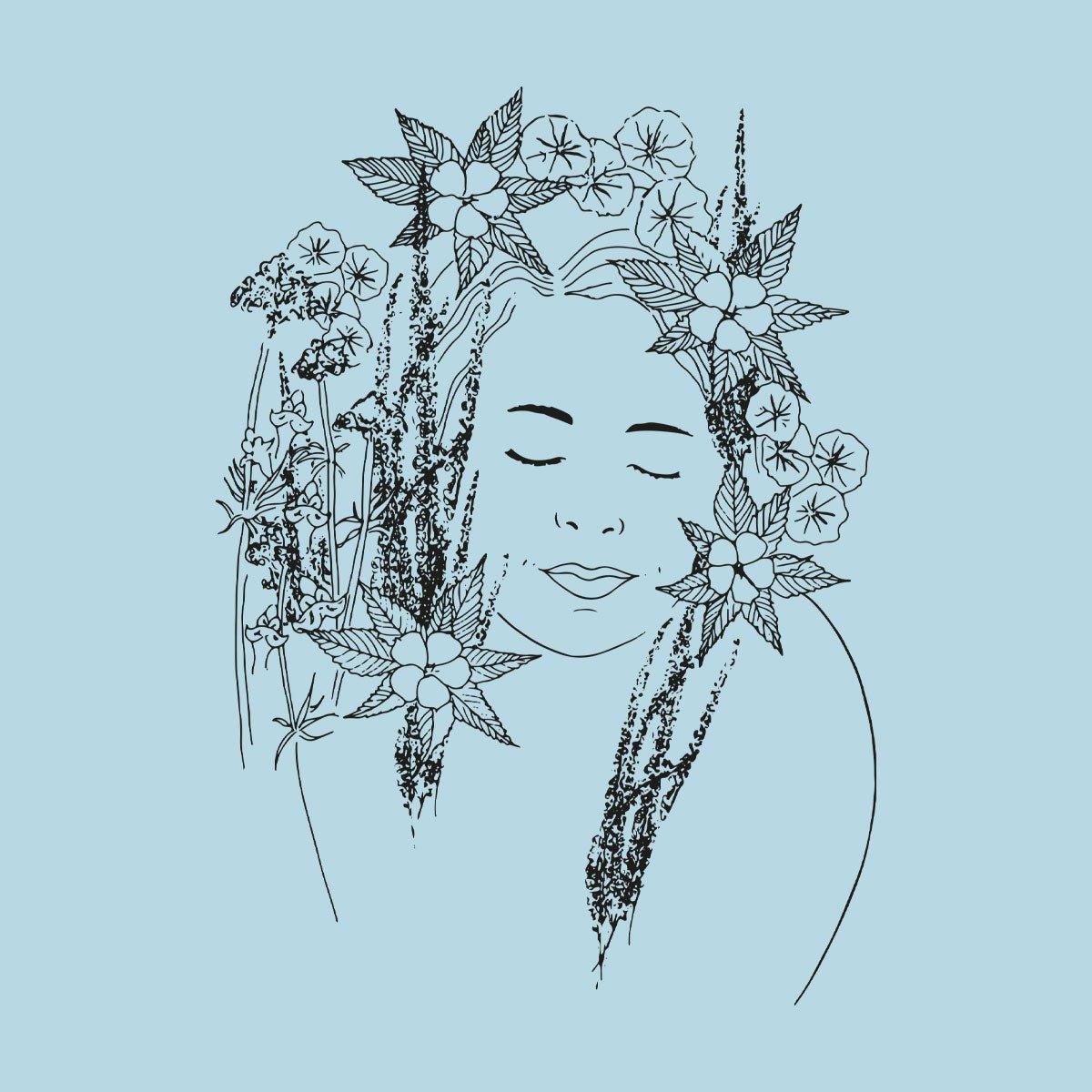Table of Contents
Table of Content

Why You're More Tired This Autumn - And How To Sleep Better Tonight
As the leaves turn golden and evenings draw in earlier, you might notice something shifting in your body too. Perhaps you're reaching for the snooze button more often, or finding yourself yawning by 8pm.
You're not imagining it - autumn genuinely affects how we sleep, and understanding why can help you rest better through the season.
Your Body's Response to Shorter Days
Research shows that our circadian rhythm - the internal body clock that regulates sleep - naturally adapts to seasonal changes in daylight [1,2]. As days shorten in autumn, your body produces melatonin (your natural sleep hormone) earlier in the evening and for longer periods than during summer months [4].
Studies indicate that melatonin levels can be up to 25% higher in autumn than in summer [7], which explains that overwhelming sleepiness you might feel as darkness falls earlier. At the same time, reduced sunlight exposure means your body produces less serotonin, the neurotransmitter that helps regulate mood and wakefulness [6].
This hormonal shift isn't a flaw - it's your body doing exactly what it's designed to do. Our circadian system contains specialised brain cells that synchronise with environmental light cues, adjusting their biochemical responses to anticipate shorter periods of sunlight and longer periods of darkness [3].
Three Ways To Work With Autumn's Natural Rhythm
1. Embrace Earlier Evening Wind-Down
Rather than fighting your body's earlier melatonin production, lean into it. Begin dimming lights and reducing screen exposure about two hours before your intended bedtime, as blue and green light from devices can interfere with melatonin's sleep-promoting effects [5]. Think of this as creating your own gentle dusk indoors.
2. Prioritise Morning Light Exposure
Exposure to natural daylight, particularly in the morning hours, helps maintain healthy circadian timing even as photoperiods change seasonally [1]. Take your morning tea by a window, or step outside for even 10-15 minutes early in the day. This light exposure helps anchor your body clock and supports daytime alertness.
3. Create Consistent Sleep Schedules
Your sleep timing naturally wants to follow the seasonal progression of dawn [2]. While you don't need to go to bed at sunset, honouring a regular bedtime helps your body maintain its rhythm through seasonal transitions. Consistency becomes especially valuable when external light cues are changing.

Tonight's invitation
Instead of viewing autumn fatigue as inconvenient, recognise it as your body's wise response to nature's cycles.
Dim the lights an hour earlier than usual tonight and spend 10 minutes in morning light tomorrow. See how your body responds.
Your sleep is already trying to adapt; these small actions simply support what your body innately knows how to do.
References:
-
Wright KP Jr, et al. "Entrainment of the human circadian clock to the natural light-dark cycle across seasons and the weekend." Current Biology, 2017. https://www.sciencedirect.com/science/article/pii/S0960982216315226
-
Wehr TA, et al. "The human circadian clock's seasonal adjustment is disrupted by daylight saving time." Current Biology, 2007. https://www.cell.com/fulltext/S0960-9822(07)02086-6
-
Roenneberg T, Merrow M. "The Circadian Clock and Human Health." Current Biology, 2016. https://www.hhmi.org/news/changing-circadian-clock-seasons
-
You Hormones.info. "Melatonin." Society for Endocrinology. https://www.yourhormones.info/hormones/melatonin/
-
Buenaver LF. "Melatonin for Sleep: Does It Work?" Johns Hopkins Medicine, 2024. https://www.hopkinsmedicine.org/health/wellness-and-prevention/melatonin-for-sleep-does-it-work
-
Gibson D. "How Serotonin affects sleep." The Sleep Site, 2023. https://thesleepsite.co.uk/how-serotonin-affects-sleep/
-
Premium Medical Circle. "Improving Sleep Quality in Autumn." 2025. https://premiummedicalcircle.com/en/artikel/improve-sleep-quality-why-we-are-more-tired-in-autumn




